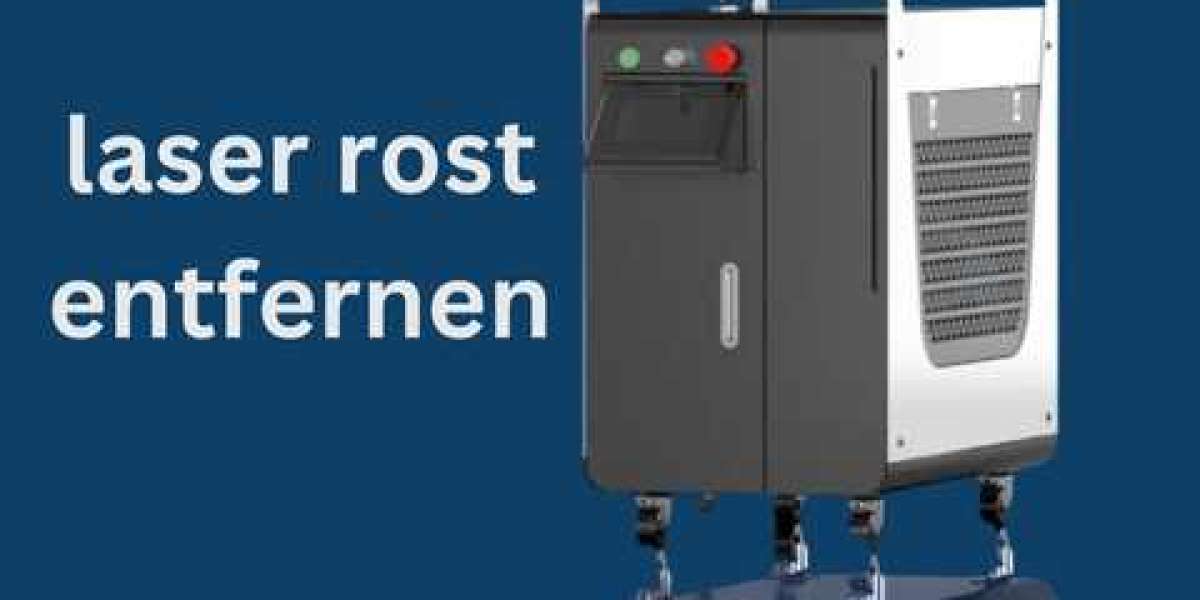Introduction
Millions of individuals worldwide suffer from chronic pain, which is a common and crippling ailment that frequently causes serious social, mental, and physical difficulties. Conventional methods of managing pain frequently center on intrusive surgeries or pharmaceutical interventions, but these may not always offer sufficient relief and may have unfavorable side effects. Since it takes a comprehensive approach to treating both the physical and emotional aspects of pain, mindfulness-based stress reduction (MBSR) has gained popularity as a viable alternative therapy for chronic pain. We examine the foundations of MBSR, its uses in managing chronic pain, and its possible advantages for people looking for different ways to cope with their symptoms in this extensive guide.
1. Understanding Chronic Pain:
Often resulting from musculoskeletal issues, neuropathic ailments, or inflammatory diseases, chronic pain is defined as continuous suffering that lasts for three months or more. Chronic pain can have a significant effect on mental health in addition to its physical manifestations, resulting in worry, depression, sleep difficulties, and a decreased quality of life. Developing successful management solutions that address the physical and emotional elements of chronic pain requires an understanding of its complex character.
2. The Foundations of Mindfulness-Based Stress Reduction:
Based on the ideas of both cognitive-behavioral therapy and mindfulness meditation, MBR is an evidence-based intervention that was created by Dr. Jon Kabat-Zinn in the late 1970s. The program combines group support, psychoeducation, and structured mindfulness exercises like body scanning, mild yoga, and mindfulness meditation. The development of present-moment awareness, accepting oneself without passing judgment, and compassionate self-care are the cornerstones of Mindfulness-Based Stress Reduction (MBSR). People can learn to respond to stress and pain with more fortitude and composure by honing these abilities.
3. Applications in Chronic Pain Management:
The usefulness of Mindfulness-Based Stress Reduction (MBSR) in managing chronic pain has been extensively researched. Studies have shown that MBSR can effectively reduce pain severity, improve physical function, and improve overall well-being. By adopting a more accepting and nonjudgmental attitude toward pain, people can change how they react to it. This can be achieved through practicing mindfulness. By practicing mindfulness, people might lessen the secondary emotional distress that is frequently connected to chronic pain by learning to examine pain sensations with curiosity and openness.
4. Advantages of Mindfulness-Based Stress Reduction:
MBSR offers advantages for managing chronic pain that go beyond pain alleviation and include enhancements in several facets of both physical and mental well-being. Studies have demonstrated that MBSR can result in decreased pain severity, pain-related impairment, and dependence on painkillers. Moreover, mood, overall quality of life, stress resilience, and sleep quality have all been linked to MBSR. By encouraging increased self-awareness and emotional control, Mindfulness-Based Stress Reduction (MBSR) enables people to actively participate in their own pain management and life restoration.
5. Mechanisms of Action:
Both psychological and physiological processes are involved in the complex mechanisms that underlie MBSR's effectiveness in managing chronic pain. Meditation and yoga are examples of mindfulness techniques that are hypothesized to modify pain perception through boosting pain tolerance, lowering stress reactivity, and encouraging relaxation. Furthermore, mindfulness-based therapies have the potential to induce neuroplastic changes in the brain, which may include modifications to areas of the brain involved in pain processing, such as the insula and anterior cingulate cortex. MBSR provides a thorough method of pain management by addressing the affective as well as cognitive aspects of pain.
6. Integrative Approach to Pain Management:
MBSR is frequently utilized in conjunction with complementary therapies and self-care techniques as part of a multimodal approach to pain management. When MBSR is used with other therapeutic approaches including physical therapy, acupuncture, and cognitive-behavioral therapy, treatment results can be improved and patients can gain a variety of coping mechanisms for managing their pain. Moreover, MBSR can be enhanced by lifestyle changes including consistent exercise, a balanced diet, and enough sleep, all of which support resilience and general well-being.
7. Empowerment and Self-Compassion:
Developing self-compassion and acceptance in the face of suffering is one of the fundamental tenets of Mindfulness-Based Stress Reduction (MBSR). People who treat themselves with compassion and nonjudgment are better able to control their self-criticism, grow more resilient, and take better care of themselves. MBSR gives people the tools and resources they need to face the difficulties of living with chronic pain more calmly and easily. This allows them to take an active role in their own healing process.
Summary:
In summary, mindfulness-based stress reduction is a viable strategy for managing chronic pain that takes into account both the pain's physical manifestations and the emotional suffering that frequently goes along with them. People can learn to respond to pain with more resilience and composure by practicing present-moment awareness, acceptance, and self-compassion. This can lessen suffering and improve general well-being. MBSR is still a useful tool for people looking for other ways to control their symptoms and take back their lives as research into its processes and effectiveness in managing chronic pain continues.






